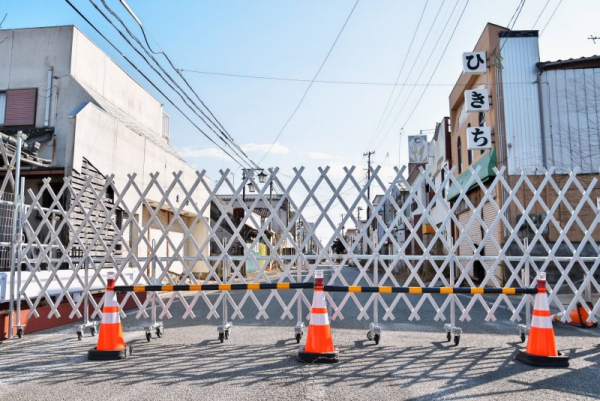
1 of 4 | China will soon begin easing an import ban on all Japanese seafood, after alleviating concerns related to monitoring treated wastewater from the Fukushima Daiichi Nuclear Power Plant, officials said Friday. File Photo by Keizo Mori/UPI | License Photo
China will soon begin easing an import ban on all Japanese seafood, after alleviating concerns related to monitoring treated wastewater from the Fukushima Daiichi Nuclear Power Plant, officials said Friday.
China reached an agreement with the International Atomic Energy Agency to allow the country’s officials to monitor treated water being discharged into the ocean from the Fukushima plant, which suffered reactor damage in March 2011 when a magnitude 9.1 earthquake and tsunami hit Japan. Advertisement
Chinese Foreign Ministry spokeswoman Mao Ning told reporters in Beijing Friday that China remains entirely opposed to Japan “unilaterally starting the ocean discharge.”
She said the blanket ban will not be lifted immediately but will be repealed slowly as Chinese officials begin the additional monitoring process.
Japan announced last August it would begin a gradual release of treated radioactive wastewater collected from the destroyed Fukushima nuclear power plant into the ocean.
Chinese officials the same day announced a total ban on Japanese seafood imports despite claims the treated water posed no threat.
Last September, Chinese seafood imports from Japan fell 67.6% on a year-over-year basis.
Tokyo has consistently maintained releasing the wastewater does not pose a health risk in seafood. Advertisement
The country on Friday agreed to allow China to conduct further monitoring of the discharged water, under supervision of IAEA officials.
“China has begun adjusting its import restrictions and will steadily resume imports of Japanese seafood that meet safety standards,” Japanese Prime Minister Fumio Kishida told reporters at a news conference Friday.
“Our country’s position that the restrictions should be promptly lifted has not changed, and we will continue working toward full removal of the restrictions.”
Kishida said China and other countries in the region are expected to take part in the additional monitoring.